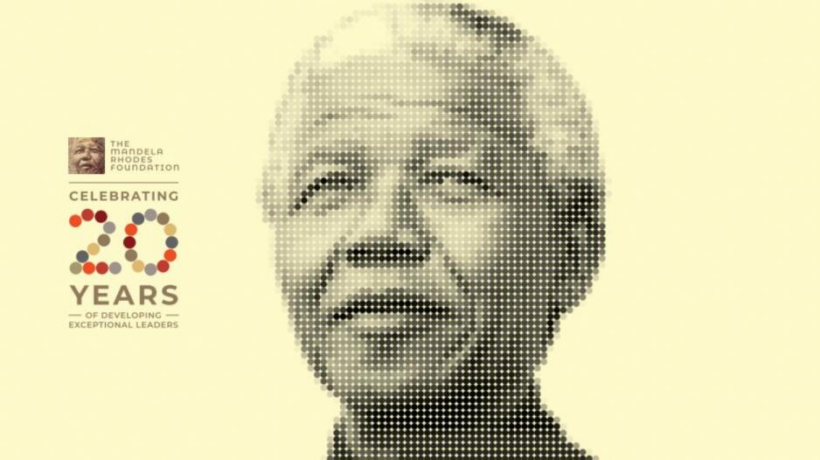On Friday last week Elon Musk hosted a Twitter Spaces session to outline the vision of his Artificial Intelligences company (xAI) and an alternative to ChatGPT. On the same day, I had the privilege of spending some time with the Mandela Rhodes scholars who were attending the Mandela Rhodes Foundation 20th celebration. As the world is grappling with concerns about AI, I could not help but think there are lessons to learn by the tech and AI community from the establishment of the Mandela Rhodes Foundation.
The first lesson can be drawn from the very name of the foundation. The idea of combining a name of a liberator and a coloniser was out of this world.
In a book, The Audacious Experiment – The Mandela Rhodes Story – , that was launched by the foundation, the answer is laid out bare as follows – “The provocative name of The Mandela Rhodes Foundation is an eternal call for the beneficiaries of colonialism to participate in and contribute to fixing the damage and help create more humane futures. Mandela’s message – expressed clearly in the Mandela Rhodes partnership – is not to forgive, forget, and accept the status quo. It is to work together to strive for social justice, and in this, it is not only the responsibility of the oppressed: the oppressors, or all those who continue to benefit from oppressive legacies, must also contribute.”
In my previous column I asked a question – Should the media industry be paid by ChatGPT and Co?, that question can be extended to sectors that are harmed by tech companies.
In my interactions with Mandela Rhodes scholars I could see the wisdom behind Mandela agreeing to link his name to Rhodes. The quality and impact of Mandela Rhodes scholars is immense and cannot be fully measured. One day they will be instrumental in making Mandela’s dreams about Africa a reality.
The lesson for tech is to invest in the creation of a better world to address the harm that will be caused by AI. In the media space Big names in tech need to invest and address current and future damages to people’s jobs.
The second lesson relates to collaboration. The Mandela Rhodes collaboration would have been unimaginable and controversial in 2003 a few years after democracy. Yet Mandela went ahead with it. During our times, the AI community can learn a very important lesson about collaboration between two figures and entities with diverse backgrounds and views about the world. To avoid the negative impact of AI there may be a need for a collaboration between entities that come from different world views. Such a collaboration could save us from unforeseen harm. Partnership is required now to address concerns that have been raised about AI. Such a partnership between tech giants and current institutions would have to work on developing leaders and systems that will safeguard society from any unintended consequences of AI.
Foresight enabled Mandela to foresee the need to develop leaders who would continue to uphold his values. Society cannot just watch and do nothing about what we are warned about in terms of potential harm by AI. Foresight is required now to establish systems to uphold humane values. Do we need a foundation to develop skilled people that will be required in the future? Do we need an entity that will prepare society for the AI world?
The lesson from the Mandela Rhodes Foundation suggests that we do.







